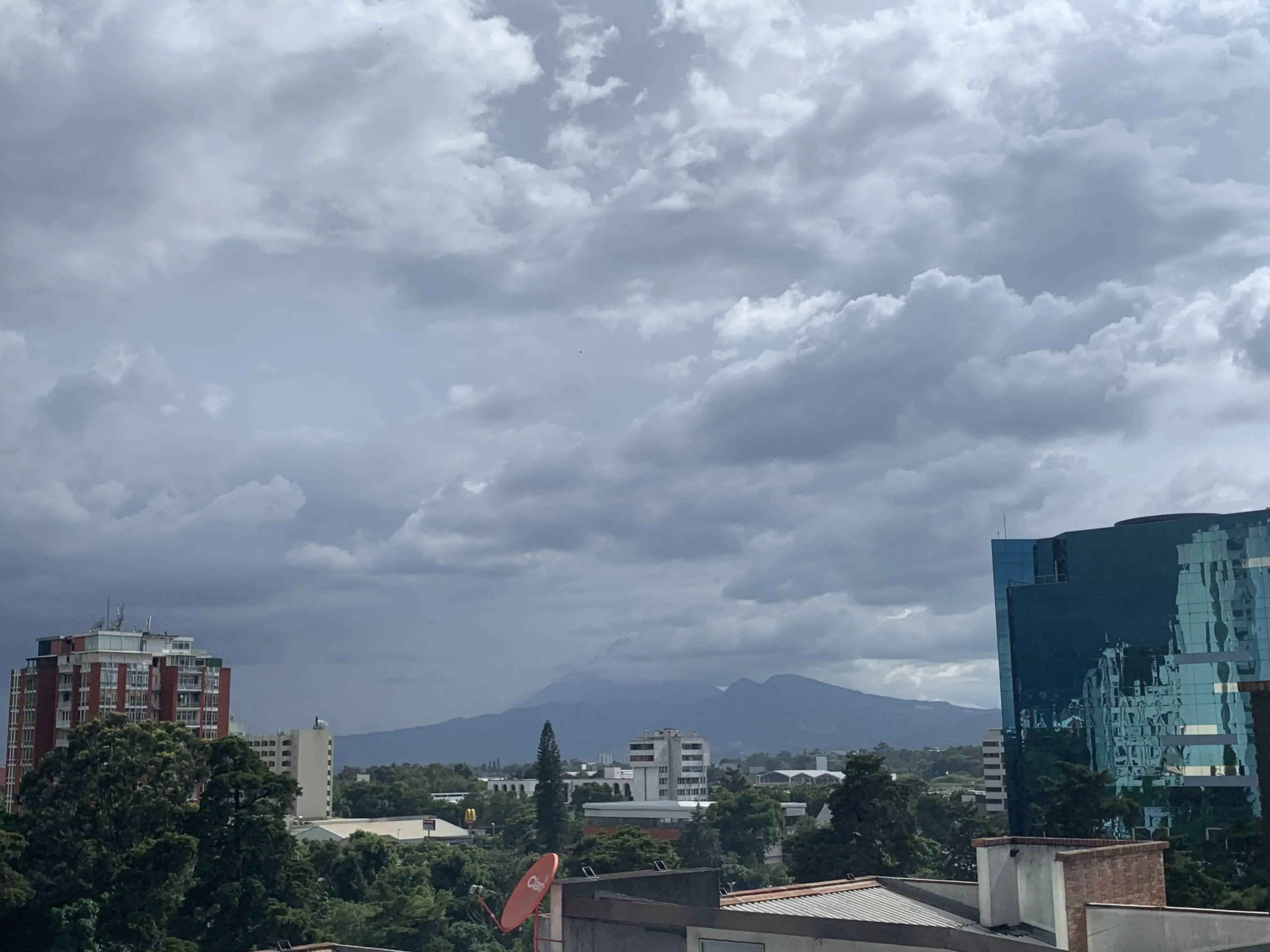
I was in Guatemala when the state suspended the campaign of anti-corruption candidate Bernardo Arévalo. On January 15, 2024, against all odds, he was sworn in as president of one of the world's most corrupt countries.
When I was in Guatemala last summer, the government’s prosecution office moved to suspend the party of presidential candidate Bernardo Arévalo from participating in the country’s democratic elections. The anti-corruption, anti-establishment candidate—described by many I spoke to as an underdog favorite with momentum—was inaugurated on January 15 as Guatemala’s new president. But for a period of time last July, he was disqualified from the race he would go on to win. And for a moment, I found myself in a foreign country on the verge of a coup.
More than 80 percent of Guatemalans are religious, and you can feel the presence of God in the country—in the way locals speak, in the churches that anchor rural communities, in the small gold crosses that dangle from necks. It’s in the hope many Guatemalans had surrounding their national elections, and it's in the way some choose to interpret and understand events that defy reason.

As a nonprofit journalism organization, we depend on your support to fund more than 170 reporting projects every year on critical global and local issues. Donate any amount today to become a Pulitzer Center Champion and receive exclusive benefits!
At around 6pm local time on July 12, when news of Arévalo’s political suspension began to break beyond Guatemala’s borders, the sky above Guatemala City darkened, thunder rolled in, and rain came pouring down. Lightning shooting across a thick cover of clouds electrified the country’s capital down below. Horns were blaring; sirens screaming. If God was watching Guatemala, I thought, he and his people are displeased.
My local reporting partner and translator, who asked to remain anonymous to protect the vulnerable individuals she works with in other capacities, warned me that national protests and road blockades were expected the next day—a breaking news reality that would have locked us in the city and disrupted our multi-day reporting trip. I spent more than a year planning my visit, which I had delayed several times. This was partly in response to the availability of my sources, but also to mitigate risk. The irony was not lost on me that, despite my best efforts, I had landed in a period of heightened political unrest and uncertainty.
I first traveled to Guatemala in 2015, two years after security personnel guarding one of the largest silver mines in the world shot at 20 Guatemalan protestors, wounding six of them. At the time, I was the first international journalist to visit the controversial Canadian-owned Escobal mine, and with the support of the Pulitzer Center, I was able to return to the site a decade after that violent altercation in 2013.
That moment, which first drew me to Guatemala, and the news breaking around me in July 2023 remained top of mind during my nine-day reporting trip, and I’ve reflected on both often in the months since. The latter was an example of power and politics on full display in a country that has grappled with corruption. And, about a 45-mile drive outside of the city, these same two forces continue to complicate the fate and future of one of the largest silver mining operations in the world.
When speaking to activists, advocates, and community members on my rural road trip, the national elections and the fate of Arévalo were a popular topic of conversation. “The electoral context doesn't look good, not just when we talk about the consultation, but also across the country,” said Luis Fernando García Monroy, a representative of the Indigenous Xinka Parliament, which is currently engaging with the Guatemalan government in a historic consultation process regarding the Escobal mine.
García Monroy, who was one of the protestors shot at by mine security personnel in 2013, said their consultation process depends on the people who take control of government. For years, private and elite business interests have influenced policymaking, elections, and justice in Guatemala, according to organizations such as Human Rights Watch. At the same time, the country’s capacity to combat this kind of corruption has declined every year since 2019, and it decreased significantly in 2023, according to the American Society/Council of the Americas.
This dynamic—and the barriers faced by Arévalo—left many Guatemalans in the dark about the future of a country considered to be one of the most corrupt in the world. It also brings into focus how significant it is that the Guatemalan government continues to invest in a court-ordered, years-long consultation process with Indigenous peoples. “That is generating a lot of uncertainty, a lot of concern and worry, not only if they're going to continue forward with the consultation, but also if they're going to respect people's decisions—electoral decisions. All that has been brought into doubt,” said García Monroy.
Being on the ground in Guatemala during this moment in time offered context and color that would not have been accessible from Canada or the U.S., and I’m grateful to the Pulitzer Center for helping to make this reporting opportunity possible.










